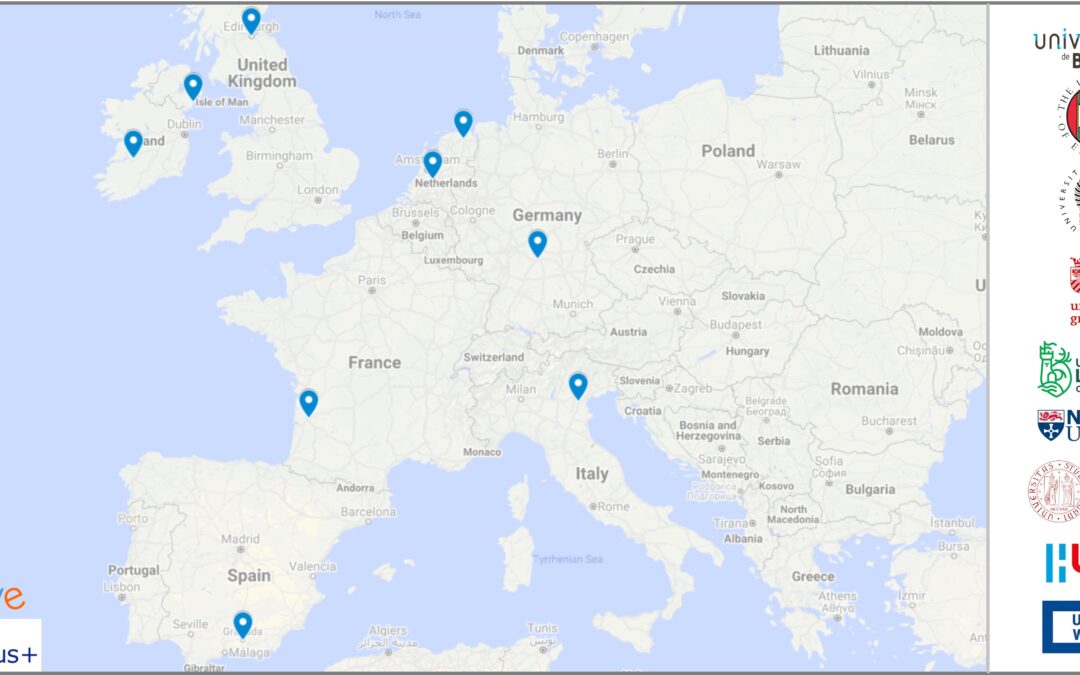The EVOLVE project team is pleased to announce that the research report Key drivers’ perspectives on the institutional uptake of virtual exchange. Case Studies from 9 European HEIs is now available on our website.
We have conducted the studies in the form of semi-structured interviews with key drivers of VE in 9 institutions of Higher Education across Europe that appeared to be moving towards further integration of VE.
By identifying key drivers’ motivations and steps taken towards the introduction and implementation of VE in these institutions, we have tried to provide a better understanding of
- how VE has been finding its way into institutions;
- what strategies have been adopted;
- which key interactions and stakeholders were involved;
- in what directions VE is growing;
- and to what extent there is an institutional recognition of VE practices.
The results of the research contain 7 key findings, 5 recommendations for successful institutional uptake of VE and 4 key take-aways which we partly reveal below:
- The significance of bottom-up drivers for initiating and implementing VE in HEIs. This research found that across all nine universities VE activities were introduced and implemented by bottom-up drivers of whom we include educators and staff in service centres.
- For the key drivers, their motivation was strongly linked to the learning outcomes of students: enriching students’ learning experience, creating international encounters that students would otherwise not have been exposed to, and having a positive impact on their skill development.
- Key drivers noted the need for more formalised support in the form of practical provision such as time-release, funds, or additional staff and/or in supportive conditions such as a culture of innovation, offering professional development, and willingness to adapt curriculum.
- This research also found that more collaboration between stakeholders active in different areas resulted in more integration of VE. This means that the more support and commitment key drivers receive for their VE activities – both horizontally from service centres and vertically from decision-makers at both the middle and higher institutional levels- , the more integrated and sustainable are the VEs.
The authors of the reports are:
- Gerdientje Oggel & Juan Albá Duran (University of Groningen)
- Sophie Millner (Sharing Perspectives Foundation)
- Francesca Helm (University of Padua)
- Linda Plowright-Pepper & Mirjam Hauck (Open University, UK)
- Selma Elbeblawi (Soliya)
The full report may be found here.
An overview of all research reports is available here: https://www.evolve-erasmus.eu/research-resources.

